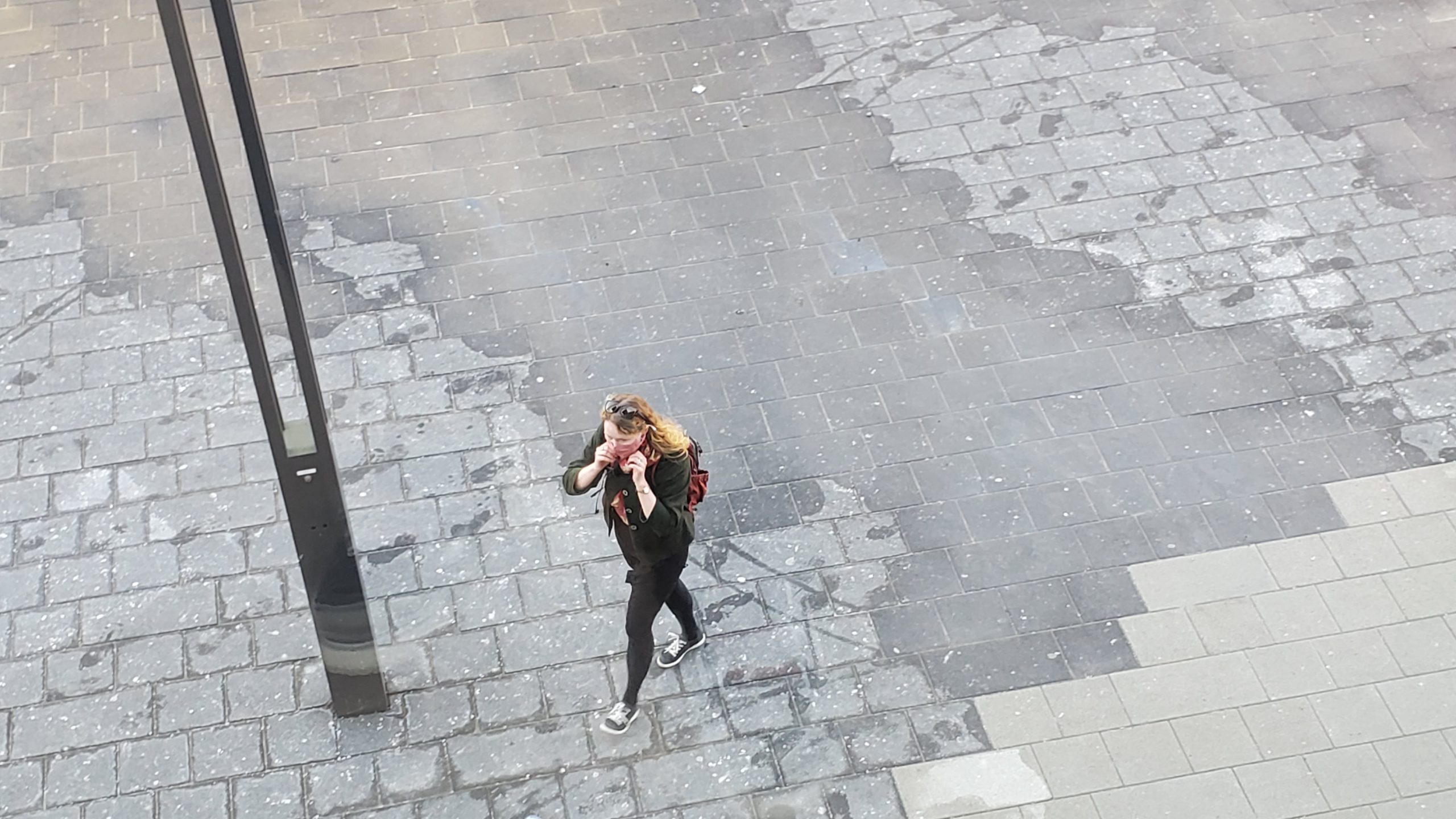Coping with COVID

caption
As we enter the second year of the pandemic, students in the Online Features Workshop explore how our lives have changed – and the ‘new normal’ that could lie ahead.
Our world changed in March 2020. Almost every aspect of our lives was transformed as the COVID-19 pandemic reached Canada and spread across the country.
Front-line workers and hospitals scrambled to deal with an influx of patients. Offices and schools closed, universities and colleges switched from classrooms to virtual teaching. Online shopping became the norm, and everyday activities – from restaurant dining to a night out at the cinema – vanished and were slow to return. Socializing gave way to social distancing. Facemasks became mandatory in most public places, and as commonplace as scarves on a winter day.
COVID has infected almost one million Canadians and thousands have died. A deadly second wave has raged since last fall. Lethal variant strains of the virus have emerged. And vaccines are only now offering hope that we will soon emerge into a post-pandemic world. As we enter the second year of the pandemic, students in the Online Features Workshop explore how our lives have changed – and the ‘new normal’ that could lie ahead.
Coping with COVID offers insights into how the worst pandemic in a century has transformed the way we live, where we work, and how we interact. Therapists and their patients have adapted to online consultations. Some churches look more like television studios as they livestream sermons to stay-at-home congregations. Promoters of Pride events have embraced online formats to forge new connections.
There’s more. Young musicians and writers face new challenges as they struggle to reach audiences they can no longer meet face-to-face. Restaurant owners have turned to technology to put patrons at ease while the Internet brings home cooks together to share recipes and build communities. The pandemic has accelerated a trend toward multi-generational households and created a generation of young, do-it-yourself investors.
Join our students to discover what’s changed and why – and the changes that may be here to stay.
Dean Jobb, Workshop Instructor
Jeff Harper, Digital Production Instructor
Michael Creagen, Photojournalism Instructor
(Image: Zarnigar Khan)

